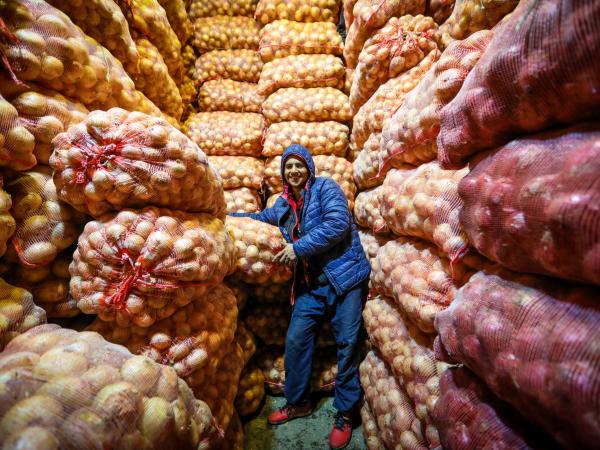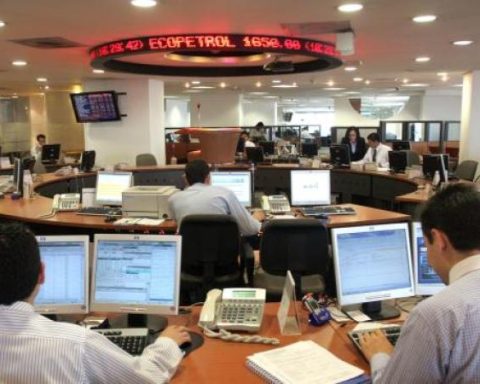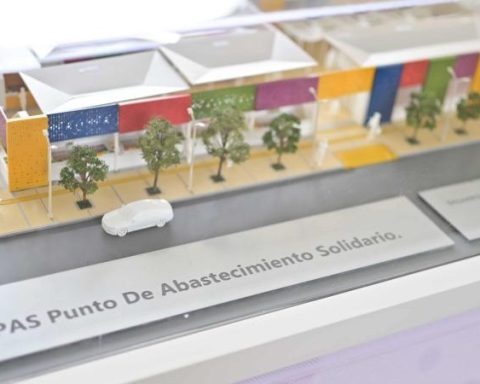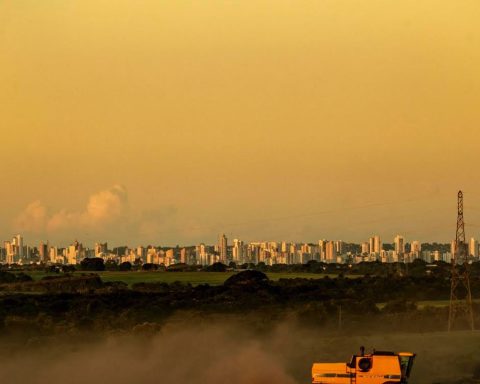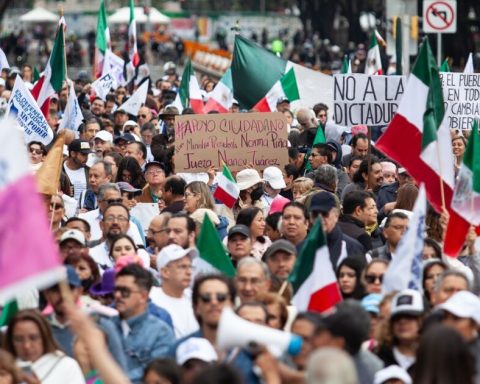The food situation in Colombia has been in tension due to the challenges that agriculture has faced in terms of production, sale and marketing of products, which due to the weather and heavy rains, have affected crops. In dialogue with Javier Salcedo, manager of Corabastos, the official stressed that the projection for 2023 is positive with a recovery in the supply of some products.
(Read: Petro’s proposal to recover purchasing power).
According to Salcedo, the rainy season 30% affected the entry of products to the supply center, which also caused an increase in the price of food. “It was a difficult year, but already in this closing season there are some products such as vegetables that are already normalizing. Also some fruits like mango. Little by little we are going to recover normal prices and also trade, ”he assured.
Regarding supply, the manager stated that by December the entry of more than 280,000 tons of food is expected in Corabastos, and that a joint work of the national centers is projected to be protagonists in public policies with programs such as Zero Hunger and Zero Waste. According to the manager, the supply center receives an average of 170,000 tons of food for sale.
According to Salcedo, in Corabastos Between 14,000 and 15,000 vehicles enter the day with food to supply the plant.
In terms of prices, Salcedo said that an increase is coming in products such as potatoes, Creole potatoes, white onions and long onions. “Many of these products are part of the recurring culinary dishes and unfortunately, due to their demand, prices rise and also due to the issue of crops.“, said.
(In addition: Minimum wage: products and services that would rise in price).
Similarly, Salcedo assured that despite the inflation problems the country is going through, the sector intends to continue boosting the economy. In addition, he stated that it would be normal for food to increase its price due to this fact, but that from the network of supply centers, which is made up of 14 locations nationwide, they managed to with Congress to deduct the entrance fees to the supply centers.
“Previously we had VAT to enter the power plants. That would be a problem because if the 13% plus 19% VAT is increased, it would be 32% of the increase only for income. Fortunately we were well listened to and we were able to be the only union that was exempted from the tax reform. Only the expected CPI will risethe manager said.
Other challenges faced by this sector is the increase in the prices of fertilizers and agro-inputs, which in addition to the climate, affects the increase in the price of the products and the lack of them. “Right now, direct contact with our farmers is very important so that they know the behavior of the food first hand,” he said.
Regarding the lack of products, the official stressed that there have been problems with vegetables, in addition to potatoes due to price volatility. He also highlighted the problems with the long onion and the passion fruit.
“Fortunately, they are products that have already been regulated and standardized.”, he expressed.
According to the manager, today there are 6,400 product merchants, only in the local headquarters.
(See: Violations that could ‘subtract points’ from the driver’s license).
Regarding what has been talked about locating the supply centers outside of Bogotá, Javier Salcedo stated that the idea of the mayor Claudia López has been thinking about the future due to the logistical challenges to decentralize the operation. “We want the merchants themselves to decide. If the opportunity were to present itself, the Mayor has told us that she is very interested that the merchants are the ones who are leading these new challenges”, she said.
Diana K. Rodriguez T.
